
The Seaside Charm of Pärnu
Pärnu, often referred to as the 'Summer Capital' of Estonia, is a charming seaside town that offers a perfect blend of natural beauty, cultural heritage, and modern amenities. This coastal gem, located on the southwestern coast of Estonia, boasts stunning sandy beaches, lush parks, and a vibrant nightlife that attracts visitors from around the world. Take a leisurely stroll along the Pärnu Beach, where the golden sands and clear waters invite you to relax and unwind. The beach promenade is lined with cozy cafes and restaurants, offering a taste of local cuisine and refreshing drinks. Don't miss the chance to visit the Pärnu Mud Baths, a historical spa that has been providing therapeutic treatments since the 19th century. Pärnu's charming old town is a treasure trove of history and culture. Wander through its narrow streets and discover beautifully preserved wooden houses, quaint shops, and fascinating museums. The Pärnu Museum offers an in-depth look at the city's past, while the Pärnu Concert Hall hosts a variety of performances that showcase Estonia's rich musical traditions. Whether you're looking for relaxation, adventure, or a cultural experience, Pärnu has something for everyone.
Local tips in Pärnu
- Visit during summer for the best weather and vibrant events.
- Book spa treatments in advance, especially at popular spots like the Pärnu Mud Baths.
- Explore the city by bike; Pärnu is bike-friendly with many rental options.
- Try local dishes like Kiluvõileib (sprat sandwich) at seaside cafes.
- Attend the annual Pärnu Film Festival if visiting in July.
The Seaside Charm of Pärnu
Pärnu, often referred to as the 'Summer Capital' of Estonia, is a charming seaside town that offers a perfect blend of natural beauty, cultural heritage, and modern amenities. This coastal gem, located on the southwestern coast of Estonia, boasts stunning sandy beaches, lush parks, and a vibrant nightlife that attracts visitors from around the world. Take a leisurely stroll along the Pärnu Beach, where the golden sands and clear waters invite you to relax and unwind. The beach promenade is lined with cozy cafes and restaurants, offering a taste of local cuisine and refreshing drinks. Don't miss the chance to visit the Pärnu Mud Baths, a historical spa that has been providing therapeutic treatments since the 19th century. Pärnu's charming old town is a treasure trove of history and culture. Wander through its narrow streets and discover beautifully preserved wooden houses, quaint shops, and fascinating museums. The Pärnu Museum offers an in-depth look at the city's past, while the Pärnu Concert Hall hosts a variety of performances that showcase Estonia's rich musical traditions. Whether you're looking for relaxation, adventure, or a cultural experience, Pärnu has something for everyone.
When is the best time to go to Pärnu?
Iconic landmarks you can’t miss
Rannapark
Experience the tranquility of Pärnu Rannapark, a scenic oasis filled with lush landscapes and captivating sculptures in the heart of Estonia's summer capital.
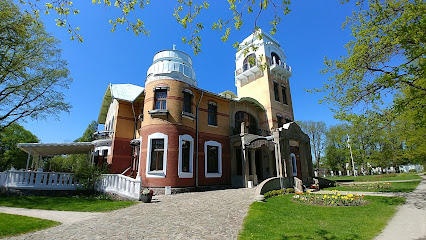
Haapsalu Castle
Discover the enchanting Haapsalu Castle: a medieval masterpiece with rich history, captivating exhibitions, and breathtaking coastal views in Estonia.
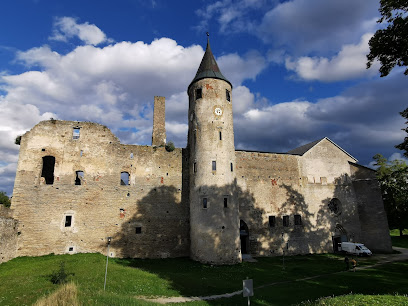
Lotte Village Theme Park
Explore the enchanting world of Lotte Village Theme Park, a captivating family destination in Pärnu County, Estonia, brimming with fun rides, live shows, and delightful dining.
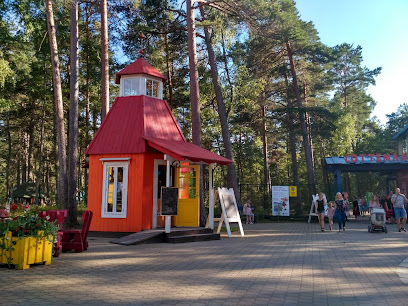
Pärnu Beach
Explore the beautiful Pärnu Beach, a serene escape in Estonia offering golden sands, family-friendly activities, and vibrant seaside experiences.
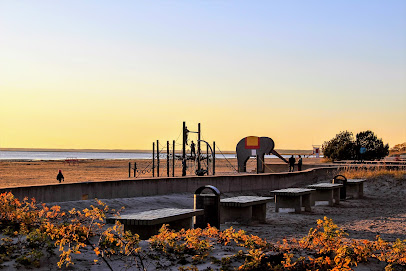
Hedon SPA & HOTEL
Discover the ultimate luxury at Hedon SPA & HOTEL, where relaxation meets elegance in the heart of Pärnu's stunning coastal landscape.
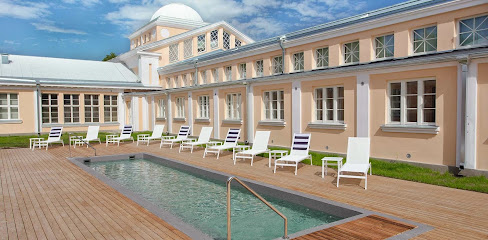
Rannaniidu matkarada
Explore the scenic beauty of Rannaniidu Matkarada in Pärnu, Estonia—an ideal spot for nature lovers and tranquil escapes.
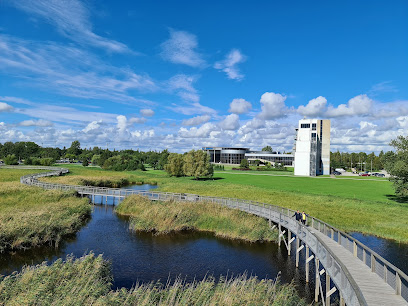
Alpakafarm OÜ
Discover the charm of Alpakafarm in Pärnu County, Estonia, where friendly alpacas and farm life create an unforgettable experience for all ages.
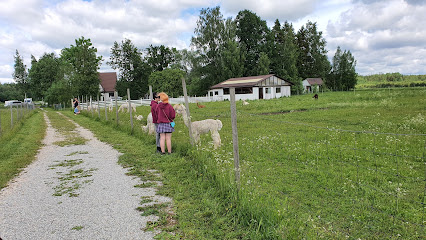
Valli Park
Explore the stunning landscapes of Valli Park in Pärnu, a lush urban oasis filled with tranquility, beauty, and rich historical charm.
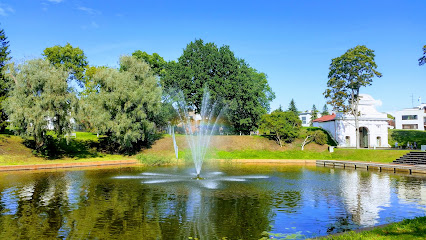
Soomaa National Park
Discover the enchanting wetlands and diverse wildlife of Soomaa National Park, a must-visit destination for nature lovers in Estonia.
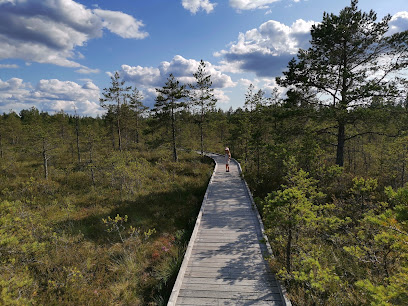
Pärnu Vallikäär
Discover the beauty and history of Pärnu Vallikäär, a serene park offering lush landscapes and a glimpse into Estonia's past.
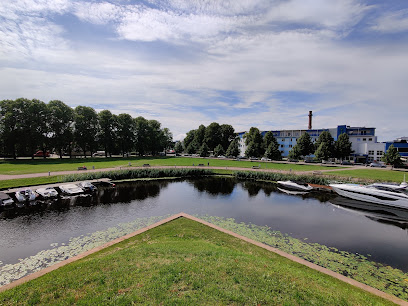
Villa Ammende Restoran ja Hotell
Experience the elegance of Villa Ammende in Pärnu, where luxury meets local culture, offering exquisite dining and serene accommodations.

Rannahotell
Experience the charm of Pärnu at Rannahotell, your perfect coastal retreat with stunning beach views and modern amenities.
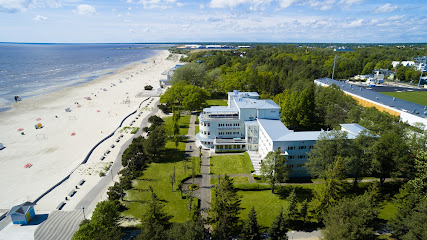
Pärnu muul
Discover the beauty of Pärnu Muul, a serene breakwater offering stunning views, peaceful walks, and a glimpse into Estonia's coastal charm.
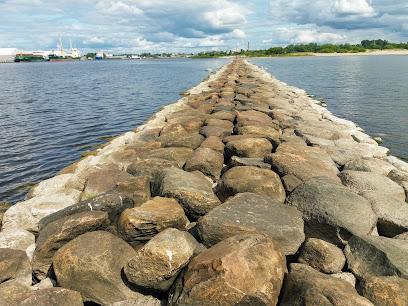
Kihnu Museum
Explore the Kihnu Museum in Pärnu County for a unique glimpse into the rich cultural heritage and traditions of Estonia's Kihnu Island.
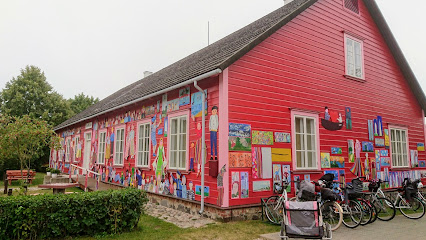
Karksi Order Castle Ruins
Explore the enchanting Karksi Order Castle Ruins in Viljandi County, Estonia, where history meets breathtaking natural beauty.
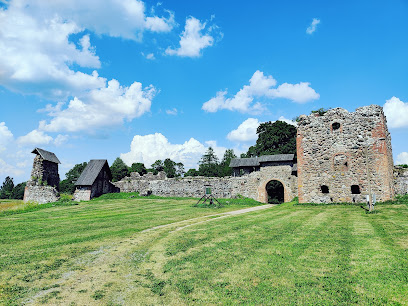
Unmissable attractions to see
Rannapark
Experience the natural beauty and artistic charm of Rannapark, a tranquil park in Pärnu, Estonia, perfect for relaxation and exploration.
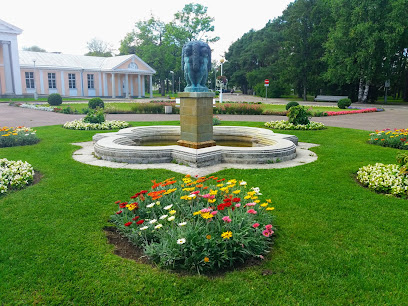
Pärnu Beach
Experience the vibrant charm of Pärnu Beach, Estonia's favorite seaside destination with golden sands, lively promenades, and endless recreational activities.
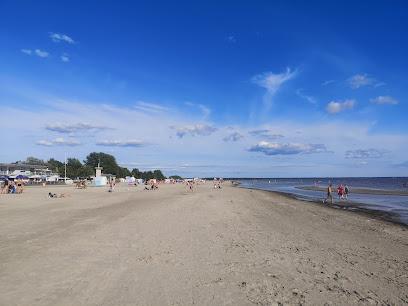
Valli Park
Experience the beauty and tranquility of Valli Park in Pärnu, a perfect blend of nature, history, and community spirit.
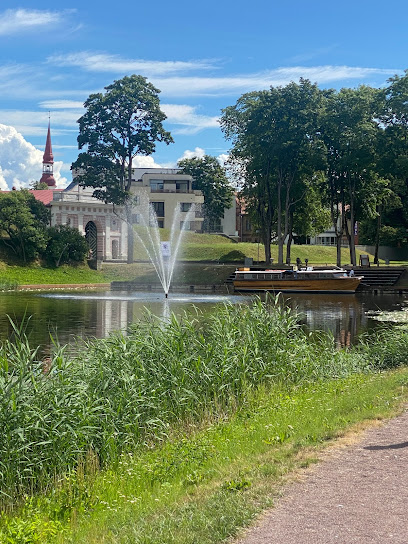
MiniZoo
Explore MiniZoo in Pärnu, a charming family-friendly attraction featuring diverse animal species and engaging educational experiences.
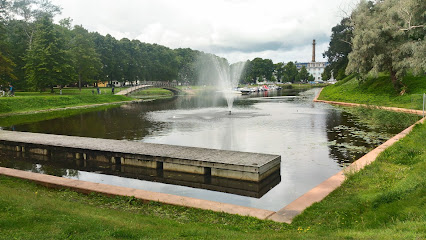
Munamäe park
Explore Munamäe Park in Pärnu, a serene escape with lush greenery, playgrounds, and picturesque walking paths perfect for relaxation and leisure.
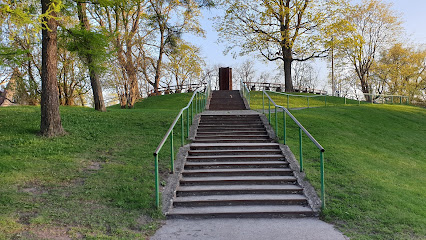
Valgeranna Seikluspark
Experience the thrill of outdoor adventure at Valgeranna Seikluspark, Estonia's premier amusement center, perfect for families and thrill-seekers.
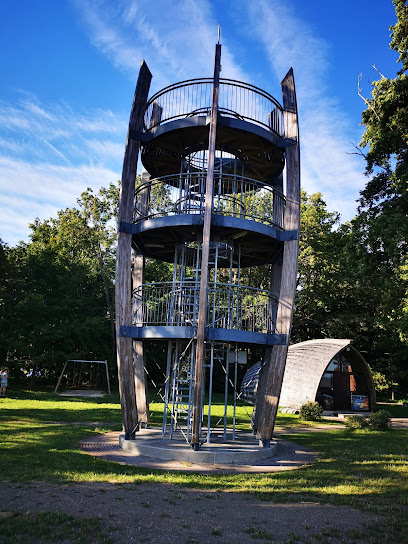
Pärnu Museum
Explore Pärnu Museum: A captivating journey through the history and culture of Pärnu County, perfect for every curious traveler.
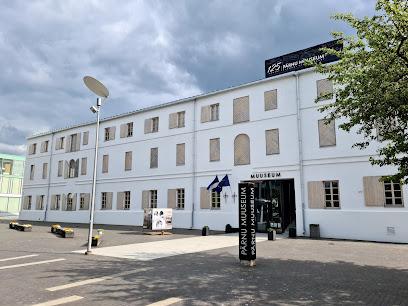
Pärnu muul
Experience the stunning coastal views and vibrant atmosphere of Pärnu Muul, a premier seaside promenade in Estonia perfect for relaxation and exploration.
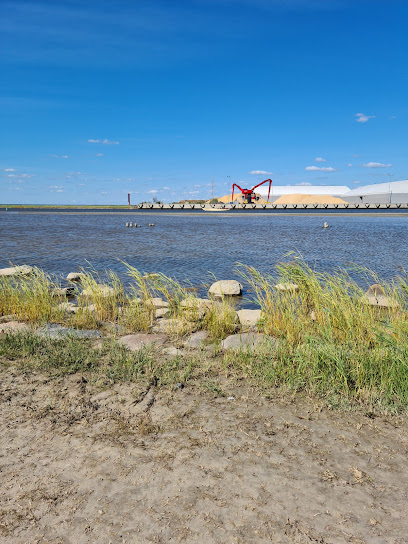
Koidula park
Discover tranquility at Koidula Park in Pärnu, Estonia - a lush haven for relaxation and vibrant cultural events.
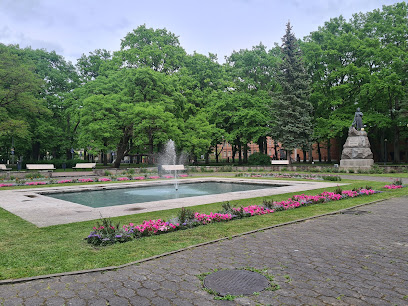
Pärnu Mud Baths
Discover serenity and rejuvenation at Pärnu Mud Baths, a historic spa destination in Estonia renowned for its therapeutic mud treatments.
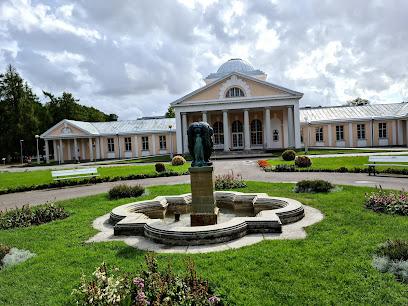
Riisa nature trail
Discover the breathtaking beauty and tranquility of Riisa Nature Trail in Pärnu County, a perfect escape for nature lovers and hiking enthusiasts.
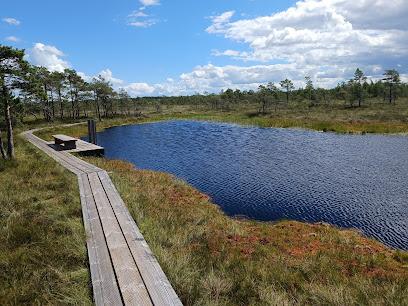
Punane torn
Discover the historic Punane Torn in Pärnu, Estonia, a captivating tower offering stunning views and rich cultural insights.
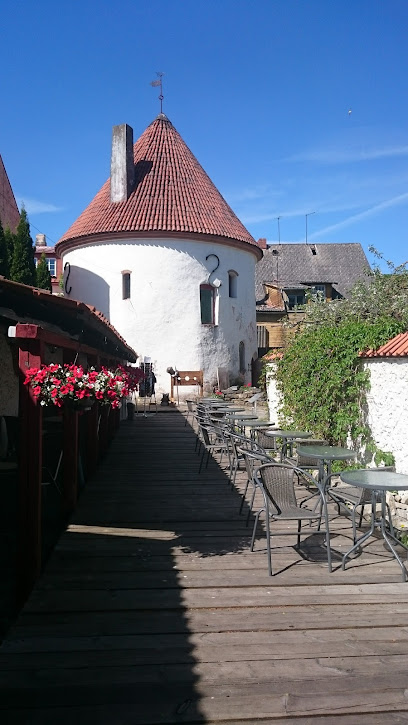
Kabli nature studies trail
Explore the stunning Kabli Nature Studies Trail in Pärnu County, a perfect destination for hiking and reconnecting with nature in Estonia.
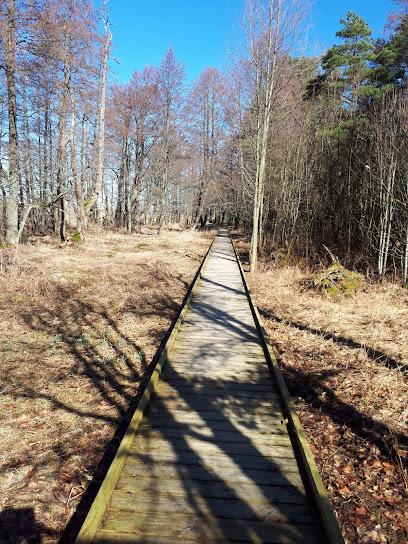
May Bird Watching Tower
Discover the breathtaking beauty of Estonia's avian life at May Bird Watching Tower, a serene nature preserve in Pärnu County.
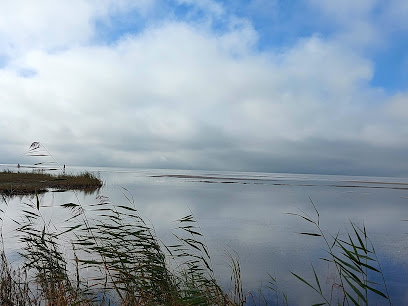
Tori põrgu
Explore the breathtaking views and stunning landscapes at Tori Põrgu, a must-visit natural wonder in Pärnu County, Estonia.
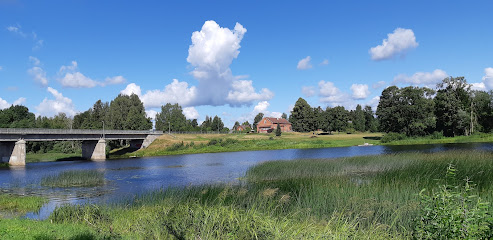
Essential places to dine
Steffani
Experience authentic Italian flavors at Steffani in Pärnu – where every pizza is crafted with passion and quality ingredients.
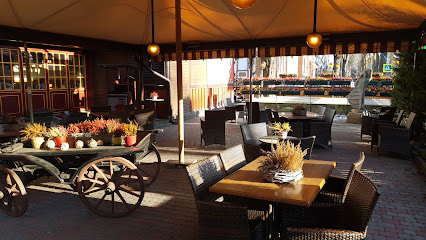
Aleksandri Pub
Discover Aleksandri Pub: A Family-Friendly Dining Experience in Pärnu Offering Local Cuisine and Warm Hospitality.
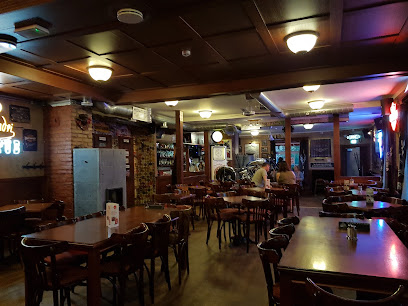
Restoran Edelweiss
Experience the flavors of Germany at Restoran Edelweiss in Pärnu – where culinary tradition meets modern dining.
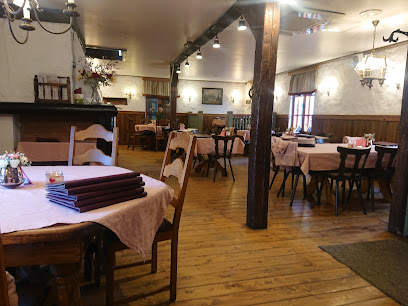
Supelsaksad Pärnu
Experience the best of Estonian cuisine at Supelsaksad Pärnu—a culinary haven offering fresh local flavors in a charming seaside setting.
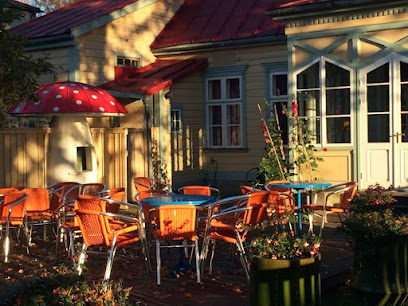
Gruusia restoran Kolhethi
Experience authentic Georgian cuisine in Pärnu at Kolhethi Restaurant - a culinary journey filled with tradition and flavor.
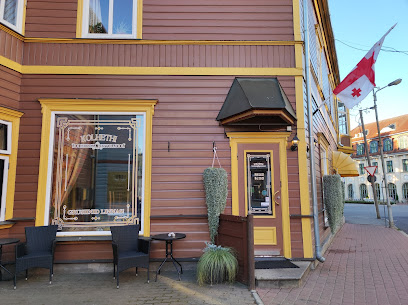
Trahter Postipoiss
Experience the rich flavors of Estonia at Trahter Postipoiss – where tradition meets modern culinary excellence in Pärnu.
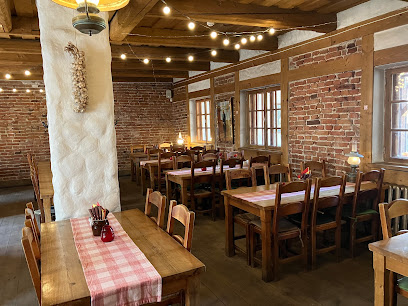
Restoran Villa Wesset
Experience the best of Estonian cuisine at Restoran Villa Wesset in Pärnu - where local flavors meet modern elegance.
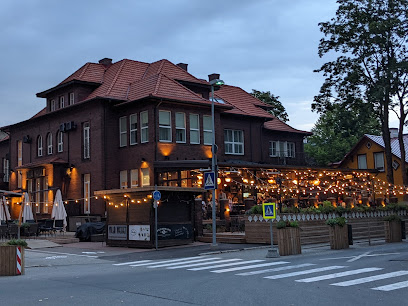
Pastoraat Cafe
Experience delightful breakfasts and exquisite pastries at Pastoraat Cafe in Pärnu – your go-to spot for delicious local flavors.
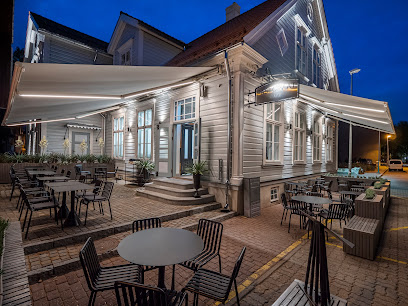
Jahtklubi Restoran
Experience exquisite local cuisine at Jahtklubi Restoran in Pärnu – where flavor meets stunning waterfront views.
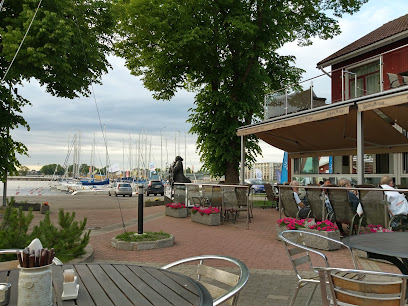
Resto Bison
Experience exquisite steaks and warm hospitality at Resto Bison in Pärnu—a culinary highlight of your visit!
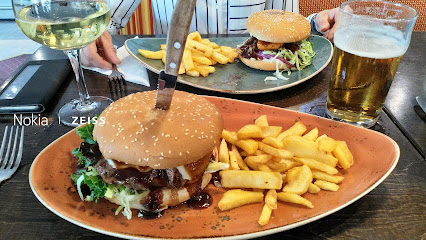
Rannahotell
Experience luxury dining and beachfront relaxation at Rannahotell in Pärnu - where culinary excellence meets stunning seaside views.
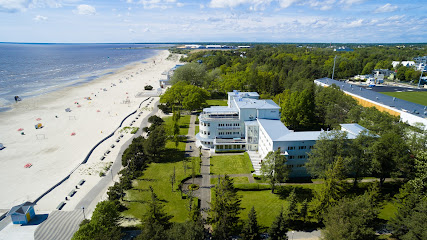
Ephesus Cafe & Brasserie
Discover Ephesus Cafe & Brasserie in Pärnu – where local flavors meet international cuisine in a cozy atmosphere.
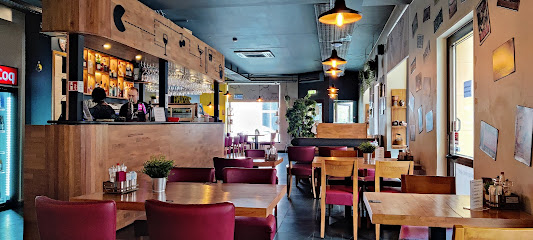
Cafe XS
Discover the flavors of Pärnu at Café XS, where cozy ambiance meets delicious culinary delights in every bite.
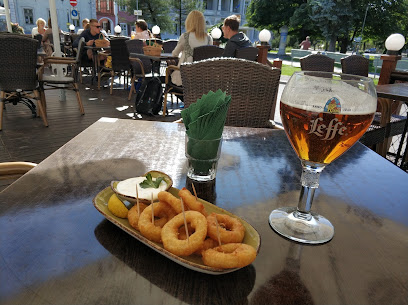
Mon Ami
Experience culinary excellence at Mon Ami in Pärnu – where tradition meets modern gastronomy.
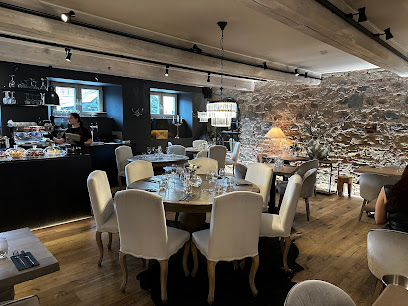
Vehverments Bar & Tostadas
Discover the vibrant flavors of Pärnu at Vehverments Bar & Tostadas – where every bite tells a delicious story.
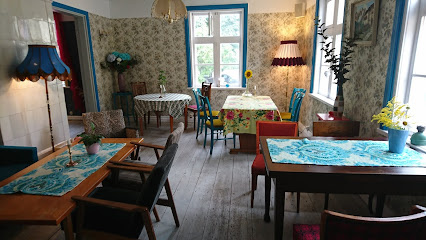
Markets, malls and hidden boutiques
Kaubamajakas
Explore Kaubamajakas, Pärnu's vibrant shopping mall with diverse stores, delicious food options, and family-friendly fun.
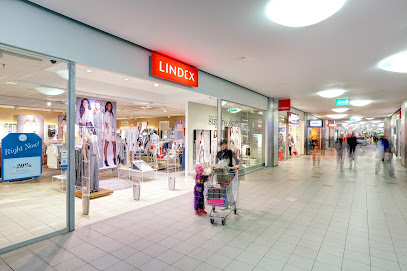
Pärnu Center
Explore Pärnu Center for a delightful mix of shopping, dining, and entertainment in the heart of Pärnu, Estonia.
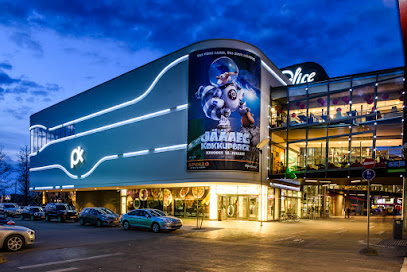
Pärnu Uuskasutuskeskus
Explore Pärnu Uuskasutuskeskus - A sustainable treasure trove of second-hand books, clothing, and furniture in Pärnu, Estonia.
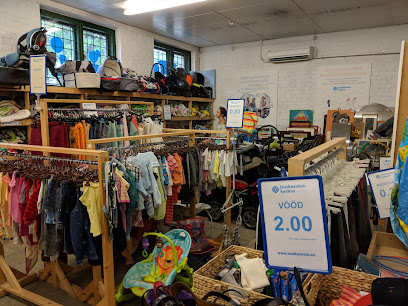
Jenny Kruse Heategevuspood
Explore Jenny Kruse Heategevuspood in Pärnu for unique vintage finds and sustainable shopping that supports local charities.
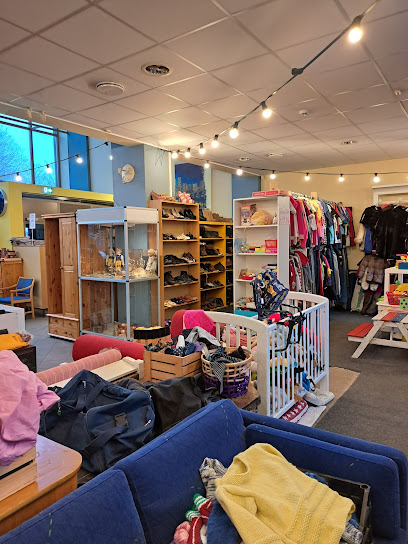
Siluett Eesti moe pood
Explore Siluett Eesti in Pärnu for an exquisite selection of fashion accessories, blending local style with contemporary elegance.
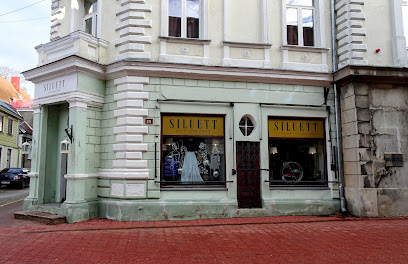
Sportland Eesti Outlet Pärnu Keskus
Explore a wide range of sports gear and apparel at Sportland Eesti Outlet in Pärnu, your go-to destination for quality and value.
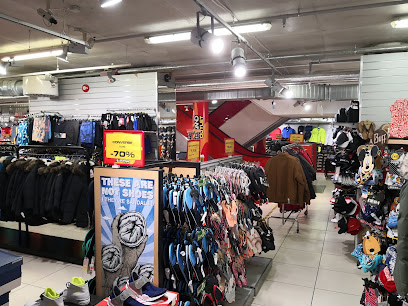
Port Arturi Humana
Explore distinct fashion and sustainable clothing at Port Arturi Humana in Pärnu, where every piece tells a story and reflects local culture.
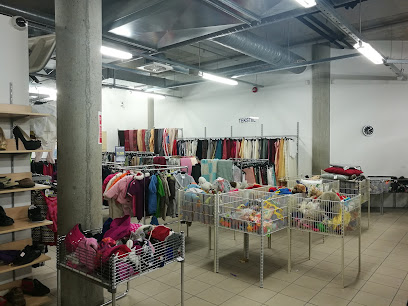
H&M
Explore trendy fashion and stylish home goods at H&M in Pärnu, where affordability meets style for the whole family.
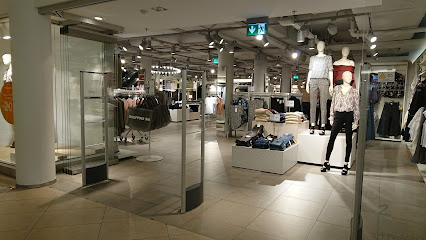
Pepco
Explore Pepco in Pärnu for stylish, affordable clothing and accessories that cater to the whole family, making your shopping experience delightful.
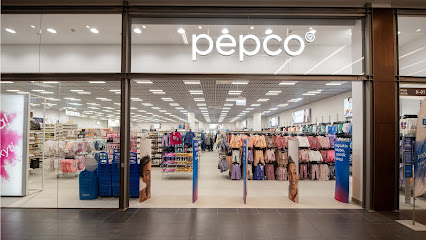
sinsay
Discover stylish and affordable fashion at Sinsay in Pärnu, a clothing store that brings trendy attire for every taste.
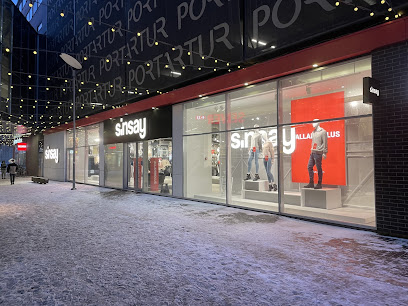
PÄRNU ANIX
Explore the enchanting world of Japanese sweets at Pärnu Anix, a budget-friendly treat shop in the heart of Pärnu, Estonia.
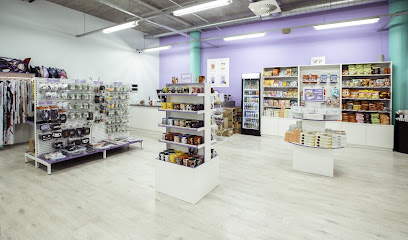
Kaevu kauplus
Explore the vibrant shopping experience at Kaevu Kauplus in Pärnu, offering unique local products and friendly service for every visitor.
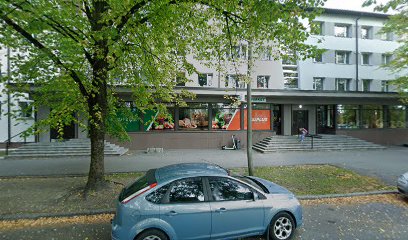
Suveniir OÜ
Explore Suveniir OÜ for exquisite gifts and souvenirs that embody the charm of Pärnu, Estonia.
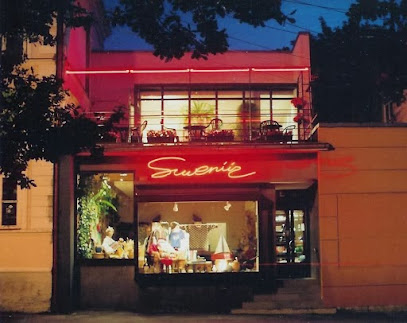
The Body Shop
Explore ethical beauty at The Body Shop in Pärnu, where natural ingredients and sustainability come together for a luxurious shopping experience.
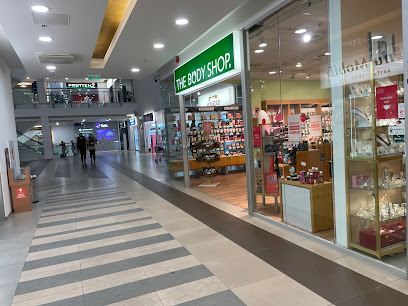
Lindex
Explore fashion at Lindex in Pärnu, where stylish women's and children's clothing meets exceptional quality and affordability.
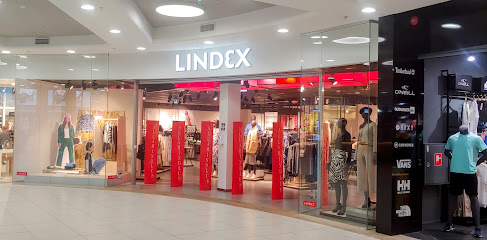
Essential bars & hidden hideouts
Aleksandri Pub
Discover the perfect family-friendly dining experience at Aleksandri Pub in Pärnu, offering diverse menu options and a cozy atmosphere.
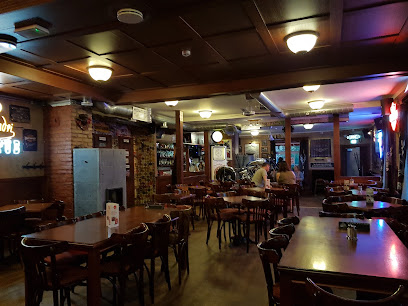
Sweet Rosie Irish Pub
Experience authentic Irish culture at Sweet Rosie Irish Pub in Pärnu, where lively atmosphere meets delightful food and drinks.
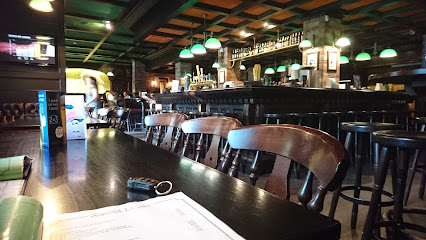
Bum Bum Pubi
Discover the lively ambiance and delicious culinary offerings at Bum Bum Pubi, a must-visit pub in Pärnu's vibrant nightlife scene.
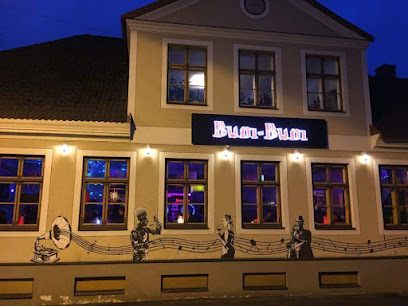
Nikolai Lehtla
Experience the vibrant atmosphere and unique drink selections at Nikolai Lehtla, a must-visit bar in the heart of Pärnu, Estonia.
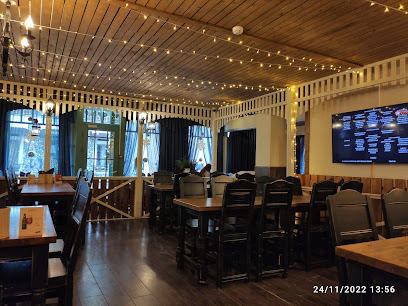
C.F Hahn pub
Discover the lively atmosphere of C.F Hahn Pub in Pärnu, where local flavors and vibrant culture meet for an unforgettable experience.
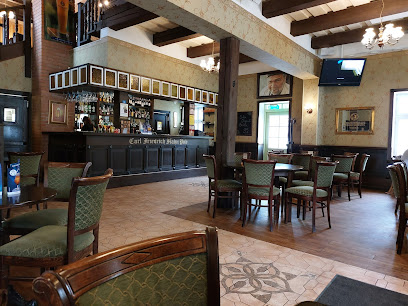
Vehverments Bar & Tostadas
Discover the culinary delights of Vehverments Bar & Tostadas in Pärnu, where modern flavors meet local traditions in a vibrant setting.
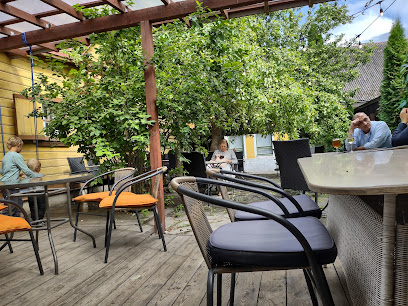
Veerev Õlu
Experience the best of Pärnu's pub culture at Veerev Õlu, where craft beers and warm hospitality await you in a cozy atmosphere.
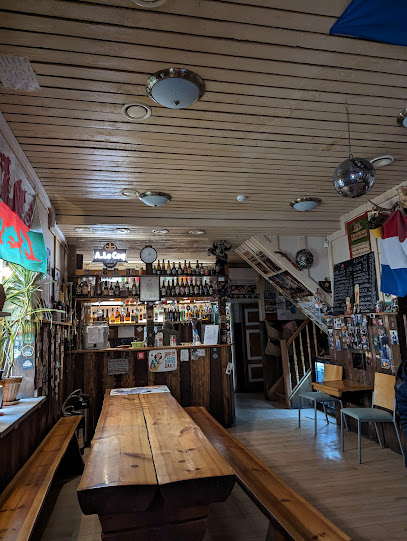
APTEK
Discover the vibrant nightlife at APTEK, a top cocktail bar and nightclub in Pärnu, where unforgettable evenings come alive.
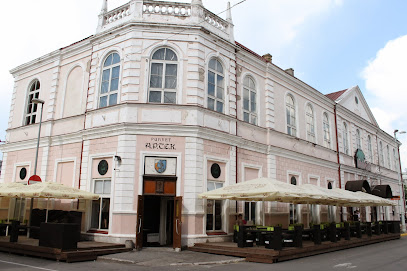
Starter
Discover the heart of Estonian pub culture at Starter Pub in Pärnu, where local brews and hearty dishes await every traveler.
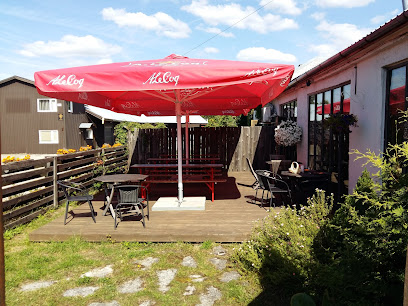
Shotibaar Koobas
Immerse yourself in the lively nightlife of Pärnu at Shotibaar Koobas, where drinks flow and memories are made in a welcoming atmosphere.
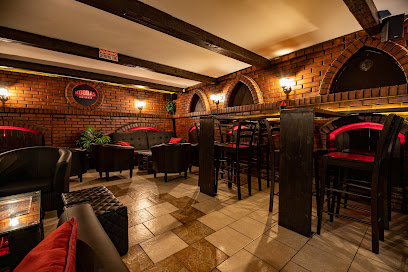
Muuli Bar
Discover the vibrant nightlife of Pärnu at Muuli Bar, where local culture meets a lively atmosphere and delightful drinks await.
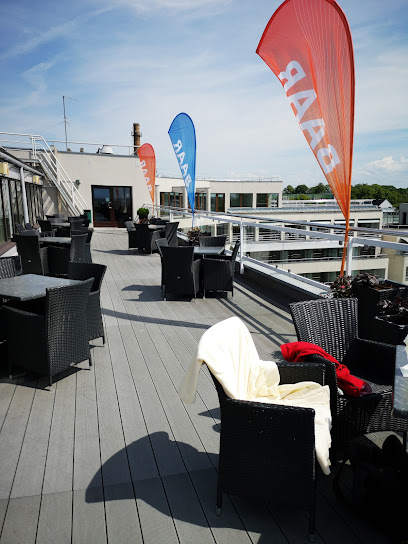
Wunderbaar
Discover the vibrant nightlife of Pärnu at Wunderbaar, a premier bar known for its creative cocktails and lively atmosphere.
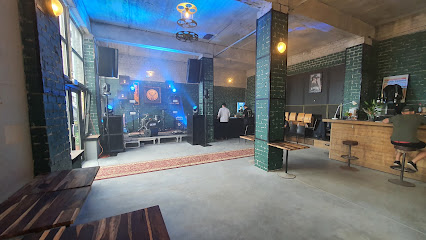
2 Paari
Discover 2 Paari Pub in Pärnu, a lively hub for locals and tourists alike, offering top-notch drinks and a warm atmosphere.
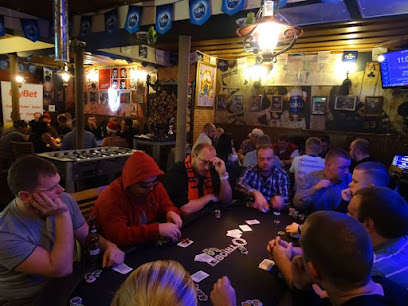
PÕKS Beach Bar
Experience the vibrant ambiance and stunning coastal views at PÕKS Beach Bar, a premier destination for relaxation and enjoyment in Pärnu.
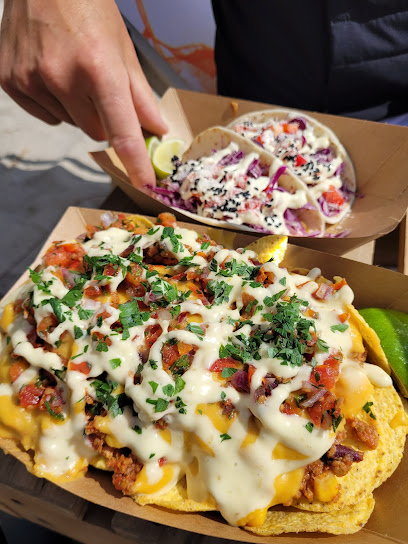
Travel experiences inspired by this city
Explore more travel diariesLocal Phrases
-
- HelloTere
[teh-reh] - GoodbyeHead aega
[heh-d ah-eh-gah] - YesJah
[yah] - NoEi
[ay] - Please/You're welcomePalun
[pah-loon] - Thank youAitäh
[ah-ee-taah] - Excuse me/SorryVabandust
[vah-bahn-doost] - How are you?Kuidas sul läheb?
[kwee-dahs sool laa-heb] - Fine. And you?Hästi. Aga sina?
[haa-stee. ah-gah see-nah] - Do you speak English?Kas te räägite inglise keelt?
[kahs teh raah-gi-teh eeng-lee-seh kehlt] - I don't understandMa ei saa aru
[ma ay saa ah-roo]
- HelloTere
-
- I'd like to see the menu, pleaseMa sooviksin menüüd näha, palun
[ma soh-veeks-een meh-nuuud naa-ha, pah-loon] - I don't eat meatMa ei söö liha
[ma ay suu lee-hah] - Cheers!Terviseks!
[tehr-vee-sehks] - I would like to pay, pleaseMa sooviksin maksta, palun
[ma soh-veeks-een mahk-stah, pah-loon]
- I'd like to see the menu, pleaseMa sooviksin menüüd näha, palun
-
- Help!Appi!
[ahp-pee] - Go away!Mine ära!
[mee-neh ah-rah] - Call the Police!Helistage politseile!
[heh-lee-stah-geh poh-leet-sei-leh] - Call a doctor!Helistage arstile!
[heh-lee-stah-geh ahr-stee-leh] - I'm lostMa olen eksinud
[ma oh-lehn ehk-see-noo-d] - I'm illMa olen haige
[ma oh-lehn hai-geh]
- Help!Appi!
-
- I'd like to buy...Ma tahaksin osta...
[ma tah-hahk-seen oh-stah] - I'm just lookingMa lihtsalt vaatan
[ma leekh-tsalt vah-tahn] - How much is it?Kui palju see maksab?
[kwee pahl-yoo seh mahk-sahb] - That's too expensiveSee on liiga kallis
[seh ohn lee-gah kah-lees] - Can you lower the price?Kas saate hinda alandada?
[kahs sah-teh hin-dah ahl-ahn-dah-dah]
- I'd like to buy...Ma tahaksin osta...
-
- What time is it?Mis kell on?
[mees kehl ohn] - It's one o'clockOn üks
[ohn yks] - Half past (10)Pool (10)
[pohl 10] - MorningHommik
[hohm-meek] - AfternoonPärastlõuna
[pah-rahst-loh-oo-nah] - EveningÕhtu
[ohkh-too] - YesterdayEile
[ay-leh] - TodayTäna
[tah-nah] - TomorrowHomme
[hohm-meh] - 1Üks
[yks] - 2Kaks
[kahks] - 3Kolm
[kohlm] - 4Neli
[neh-lee] - 5Viis
[vees] - 6Kuus
[koos] - 7Seitse
[sayt-seh] - 8Kaheksa
[kah-hehk-sah] - 9Üheksa
[y-hehk-sah] - 10Kümme
[koom-meh]
- What time is it?Mis kell on?
-
- Where's a/the...?Kus on...
[koos ohn] - What's the address?Mis on aadress?
[mees ohn ah-ah-dres] - Can you show me (on the map)?Kas saate mulle näidata (kaardil)?
[kahs sah-teh mool-leh nah-ee-tah-dah kaahr-deel] - When's the next (bus)?Millal on järgmine (buss)?
[meel-lahl ohn yairg-mee-neh boos] - A ticket (to ....)Pilet (....)
[pee-leht]
- Where's a/the...?Kus on...
History of Pärnu
-
Pärnu, situated along the coast of the Baltic Sea, was founded in 1251 by the Teutonic Knights. Originally named Perona, it quickly became a significant trading post due to its strategic location. The knights built a fortress to protect the burgeoning settlement, which became a focal point for commerce and defense.
-
During the 14th and 15th centuries, Pärnu became a member of the Hanseatic League, an influential commercial and defensive confederation of merchant guilds and market towns in Northwestern and Central Europe. This period marked significant economic growth for Pärnu, as it became a bustling hub of trade connecting various parts of Europe.
-
In the 17th century, Pärnu came under Swedish control, which brought about a period of relative stability and prosperity. However, the Great Northern War (1700-1721) saw Pärnu fall into Russian hands. Under Tsarist rule, the town's fortifications were strengthened, and Pärnu continued to thrive as a commercial port.
-
In the 19th century, Pärnu began to evolve into a popular spa destination. The first mud baths were established in 1838, attracting visitors from across the Russian Empire and beyond. Pärnu's reputation as a health resort flourished, contributing significantly to its cultural and economic development.
-
After the First World War, Pärnu became part of the newly independent Republic of Estonia in 1918. The city enjoyed a brief period of freedom before being occupied by Soviet forces in 1940, followed by Nazi occupation during World War II, and then re-occupation by the Soviets in 1944. Under Soviet rule, Pärnu's spa facilities were expanded, but the city also faced political repression and economic challenges.
-
Since Estonia regained its independence in 1991, Pärnu has revitalized its cultural and tourist attractions. Known as Estonia's 'Summer Capital,' Pärnu hosts numerous festivals, concerts, and events, drawing visitors from around the world. The city's historic architecture, beautiful beaches, and vibrant cultural scene make it a must-visit destination in Estonia.
Pärnu Essentials
-
Pärnu is located in southwestern Estonia and is easily accessible from major cities. The nearest international airport is Lennart Meri Tallinn Airport, approximately 130 kilometers away. From Tallinn, you can take a bus directly to Pärnu, which takes around 2 hours. Alternatively, you can rent a car for a more flexible travel experience. There are also direct buses from Tartu and other Estonian cities.
-
Pärnu is a compact city, making it easy to explore on foot or by bicycle. Local buses are available for longer distances within the city. Taxis are also readily available, and ride-sharing apps like Bolt operate in Pärnu. Renting a car can be a convenient option if you plan to explore the surrounding areas.
-
The official currency in Estonia is the Euro (EUR). Credit cards are widely accepted in Pärnu, including in hotels, restaurants, and shops. ATMs are plentiful, so withdrawing cash is convenient if needed. Contactless payment methods, such as Apple Pay and Google Pay, are also commonly used.
-
Pärnu is generally a very safe city for tourists. However, like any travel destination, it's advisable to take standard precautions. Avoid leaving your belongings unattended and be cautious in crowded areas. There are no significant high-crime areas targeting tourists, but it's always wise to stay vigilant.
-
In case of an emergency, dial 112 for immediate assistance. Pärnu has a well-equipped hospital and several medical clinics. Pharmacies are available throughout the city for minor health issues. It is recommended to have travel insurance that covers medical emergencies.
-
Fashion: Do dress comfortably but neatly. Casual wear is generally acceptable, but avoid overly revealing clothing in public spaces. Religion: Do respect local customs and traditions, especially when visiting churches. Public Transport: Do be polite and offer your seat to elderly passengers. Don't eat or drink on public transport. Greetings: Do greet people with a friendly 'Tere!' (Hello) and a handshake. Eating & Drinking: Do try local dishes and beverages. Don't refuse food or drink if offered, as it can be considered impolite.
-
To experience Pärnu like a local, visit the central market (Pärnu Turg) for fresh produce and local delicacies. Spend time at the beach, especially during summer when it's a hub of activity. Explore the city's parks and the beautiful Pärnu River Promenade. Engage with locals, who are generally friendly and willing to share insights about their city.
Nearby Cities to Pärnu
-
Things To Do in Viljandi
-
Things To Do in Rapla
-
Things To Do in Paide
-
Things To Do in Haapsalu
-
Things To Do in Valga
-
Things To Do in Tallinn
-
Things To Do in Kuressaare
-
Things To Do in Kärdla
-
Things To Do in Cesis
-
Things To Do in Tartu
-
Things To Do in Sigulda
-
Things To Do in Rakvere
-
Things To Do in Võru
-
Things To Do in Riga
-
Things To Do in Jurmala















